-
About
- About Listly
- Community & Support
- Howto
- Chrome Extension
- Bookmarklet
- WordPress Plugin
- Listly Premium
- Privacy
- Terms
- DMCA Copyright
- © 2010-2025 Boomy Labs


 Gold Hat Nursery
Gold Hat Nursery
Listly by Gold Hat Nursery
Growing honeyberries, also known as Haskaps, have major advantages due to Northern America's climate and agricultural conditions. Here are the top five reasons to consider cultivating honeyberries in Pennsylvania home:
Source: https://www.goldhatnursery.com/p/honeyberries-growing-benefits-pennsylvania
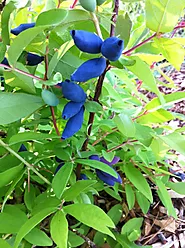
Pennsylvania's climate, with its cold winters and mild summers, is well-suited for honeyberries. These plants thrive in cooler temperatures and are resilient to the kind of freezing temperatures that can occur in Pennsylvania, ensuring a reliable crop.
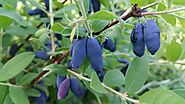
Honeyberries are high in antioxidants, vitamin C, and fiber, which can be a valuable addition to the diet. Growing them locally in Pennsylvania ensures freshness and the maximum retention of these nutrients.
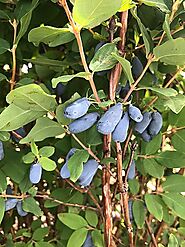
These berries are relatively low-maintenance, which is beneficial for Pennsylvania's diverse range of gardeners, from hobbyists to commercial farmers. They are less susceptible to common pests and diseases, reducing the need for intensive care or chemical treatments.
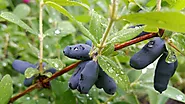
Growing honeyberries supports Pennsylvania's local food movement, offering a unique and nutritious fruit that can diversify the state's agricultural portfolio. This not only benefits the environment by supporting biodiversity but also provides local consumers with a fresh, locally-grown fruit option.
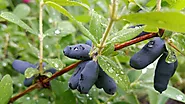
In Pennsylvania, honeyberries ripen early in the growing season, often in late spring to early summer. This means they can provide fresh fruit before many other local berries, like strawberries and blueberries, are ready to harvest. These plants can produce substantial yields, ranging from 8 to 15 pounds per bush. They are one of the earliest bushes to fruit in the season.
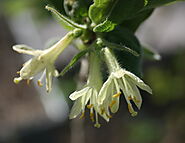
Haskap berries, known for ripening earlier than most fruits, are a boon for gardeners, especially in cooler climates. They typically mature in late spring, outpacing even early strawberries. This early yield extends the fresh fruit season and benefits pollinators by providing an early nectar source. Their resilience to cold and quick post-winter growth make them a unique, valuable addition to any garden.
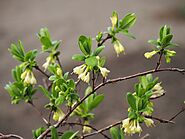
Haskap berries are exceptionally climate-hardy, thriving in zones 2-7. They withstand extreme cold, tolerating temperatures as low as -40°C, making them ideal for northern gardens. These resilient plants adapt well to various soil types, though they prefer moist, well-drained soils. Their robust nature and early flowering make them a reliable choice for regions with shorter growing seasons and harsh winters.

Haskaps are not demanding in terms of soil quality and overall care, making them easy to grow. Flower Frost Resistance, the open flowers of the haskap bush can endure temperatures as low as -7° Celsius, which is beneficial in areas with late spring frosts.
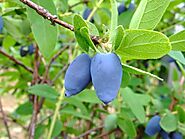
Haskap berries, also known as honeyberries, have a unique, captivating flavor profile. They offer a delightful mix of tanginess and sweetness, reminiscent of a blend between raspberries, blueberries, and a hint of elderberry. This combination creates a refreshing, tart burst initially, followed by a pleasantly sweet, lingering aftertaste. Their rich, complex taste makes them exceptional for culinary use, appealing to both connoisseurs and those new to this distinctive fruit.
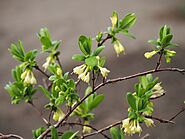
Haskap bushes, hardy and resilient, excel in cold climates, enduring temperatures down to -40°C. With a lifespan often exceeding 30 years, these plants provide a long-term yield of tasty berries. Their early fruiting season and consistent harvests year after year make them a valuable, enduring addition to gardens, appealing to both new and seasoned gardeners.
